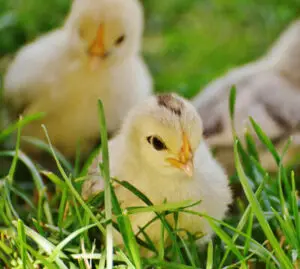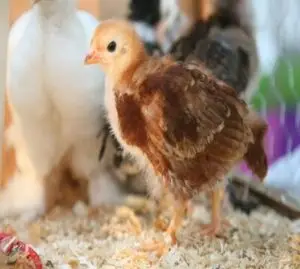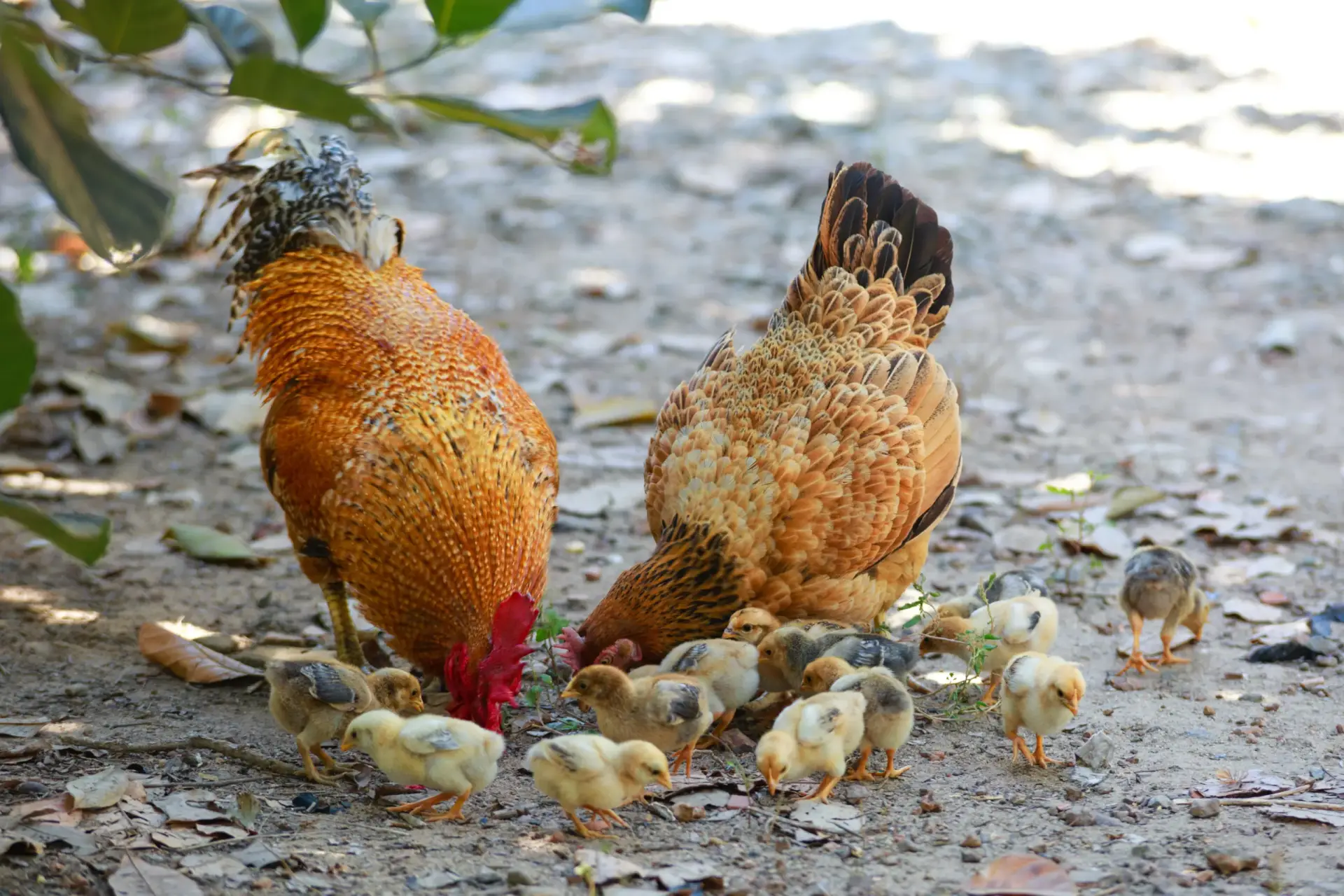
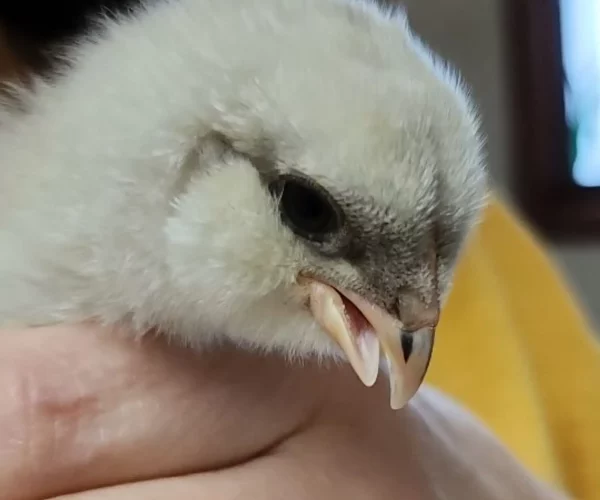
Managing Scissor Beak in Chickens and Chicks:
A Guide for Poultry Owners
Scissor beak, also known as cross beak, is a condition that affects chickens and baby chicks. It is characterized by an abnormal alignment of the upper and lower beak, causing them to cross over each other. This condition can hinder a bird’s ability to eat and drink properly, leading to potential health issues. In this article, we will explore the causes of scissor beak, ways to manage it, and offer helpful tips for poultry owners to provide the best care for affected chickens and chicks.
Understanding Scissor Beak and Its Causes:
Scissor beak is a congenital condition, meaning it is present at birth. While the exact cause is not yet fully understood, it is believed to be a combination of genetic factors and environmental influences. Breeding practices, nutritional deficiencies, and viral infections during embryonic development are considered potential contributors to the development of scissor beak.
Caring for Scissor Beak Chickens and Chicks:
- Accommodating Waterers and Feeders: Providing suitable waterers and feeders is essential for scissor beak birds. Nipple waterers are an excellent choice as they allow chickens to drink easily without the need to tilt their heads back. Deep feed dishes placed at chest level are ideal since they make it easier for birds to scoop their feed out without excessive strain on their beaks.
- Optimal Feed for Scissor Beak Chickens: Ensuring a balanced and nutritious diet is crucial for scissor beak birds. When it comes to feed options, mash or crumble feeds are highly recommended. These types of feeds have a finer texture, making it easier for chickens with scissor beak to consume. Mash and crumble feeds also provide a complete and balanced nutritional profile, containing essential vitamins, minerals, and proteins necessary for their health and development.
- Beak Trimming: In severe cases, beak trimming may be necessary to alleviate discomfort and enable proper eating and drinking. It is important to consult with a veterinarian or an experienced poultry professional before attempting beak trimming. They can guide you on the appropriate technique, timing, and tools required for the procedure.
- Regular Monitoring and Support: Close observation is vital when caring for scissor beak birds. Regularly check for signs of weight loss, dehydration, or other health issues. Be prepared to offer additional support, such as hand-feeding or providing nutritional supplements if necessary.
Conclusion:
Scissor beak, also known as cross beak, is a condition that can impact the health and well-being of chickens and baby chicks. Understanding the causes, symptoms, and management techniques is crucial for poultry owners. By providing suitable waterers and feeders, choosing the right feed (such as mash or crumble), and considering beak trimming in severe cases, you can help improve the quality of life for your scissor beak birds. Remember to consult with professionals in the field to ensure you are providing the best possible care. With proper attention and support, you can create a nurturing environment for your feathered friends, enabling them to thrive despite this condition. It is important to consider the quality of life the chicken will have, while some can live a full and happy life with scissor beak, others may ultimately require culling for their well-being.
Share:
Vinnie
Blog Categories
Social Media
Most Popular

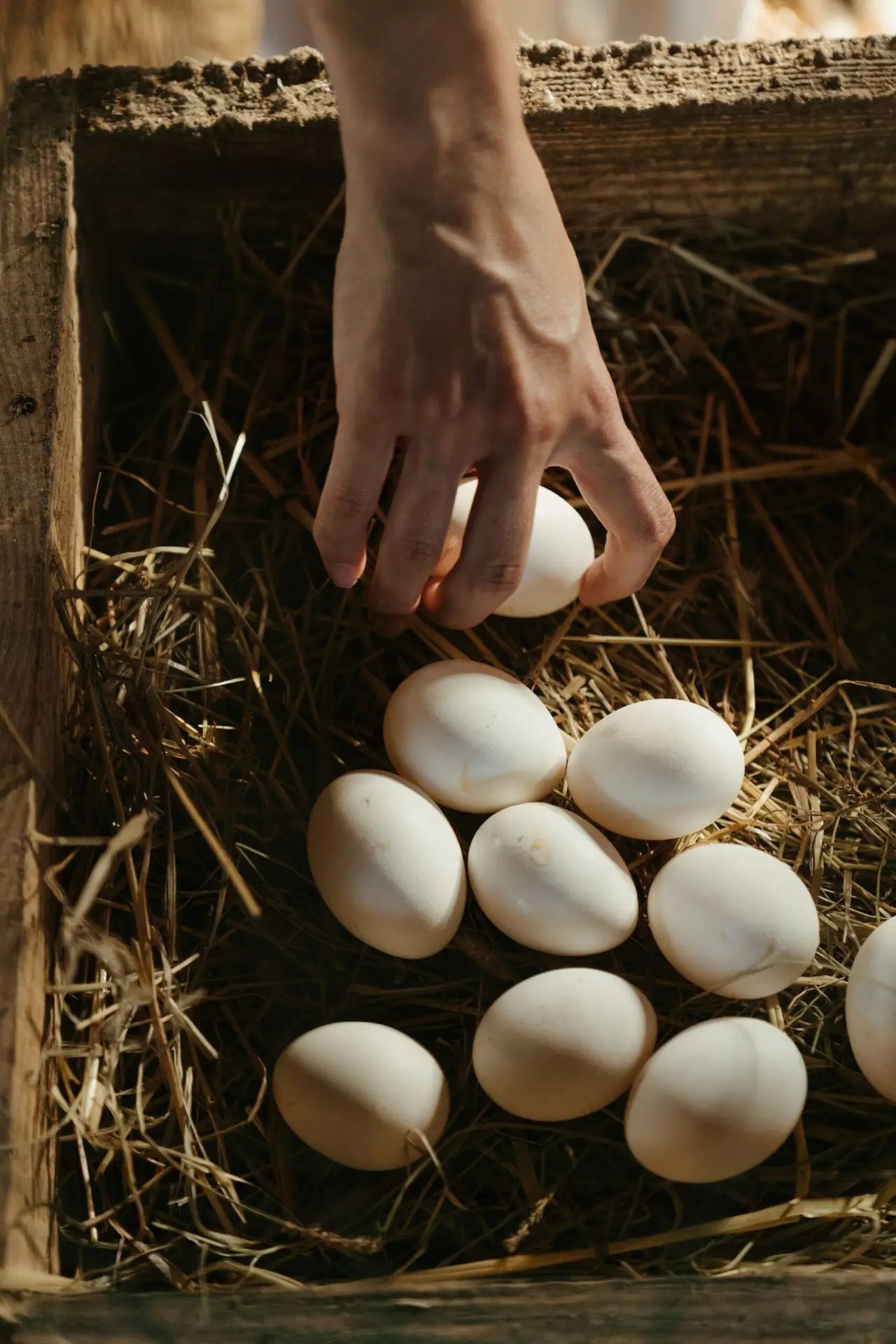
Quick Tips: Addressing Egg Laying Concerns
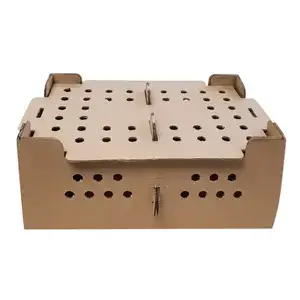
Tips for Chick Season
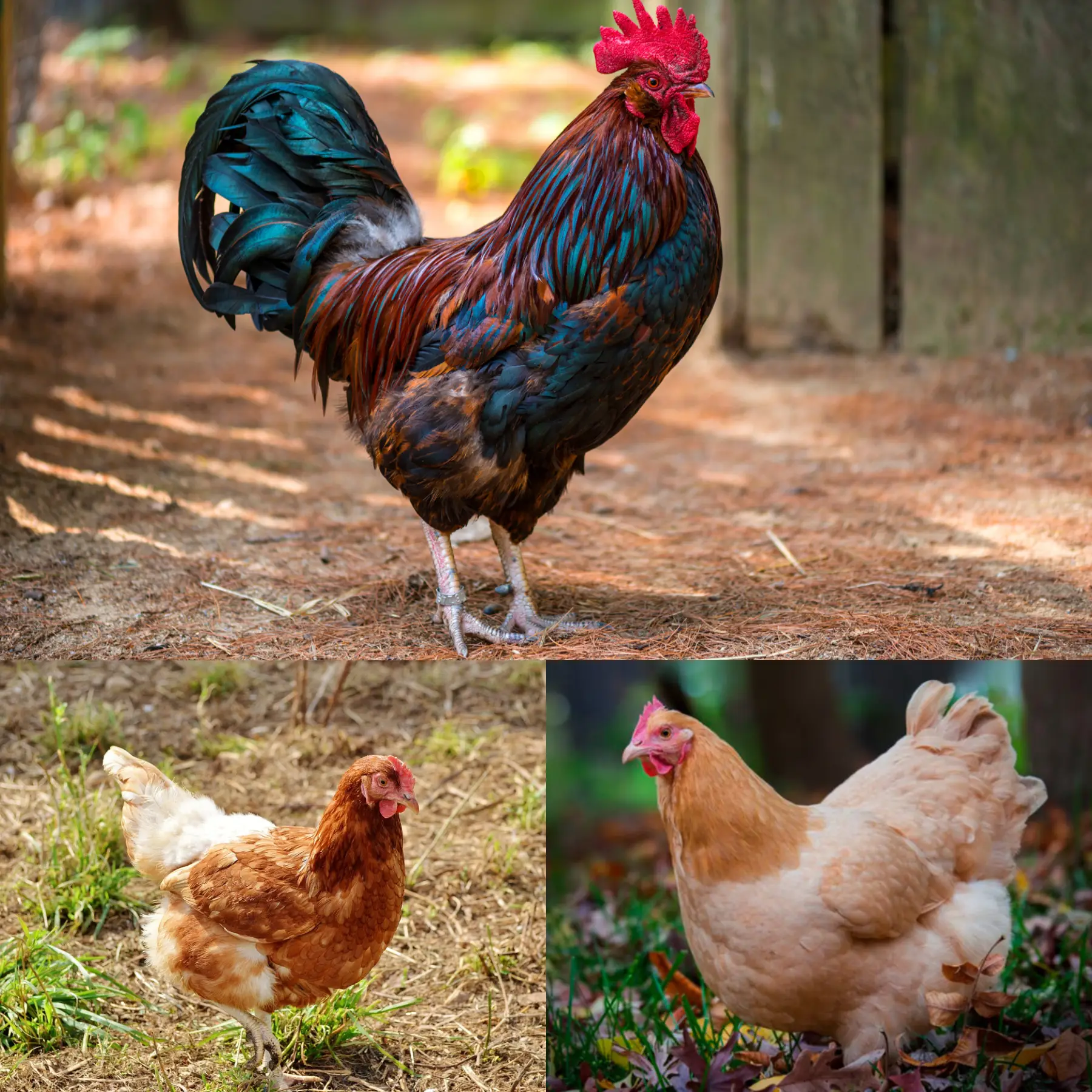
Quick Tips: Hen or Rooster?
Subscribe To Our Newsletter
Get notifications only about new products and updates.
Related Posts

Integrating New Chicks into Your Established Flock
Integrating new chicks to an established flock of chickens can be a delicate process. For many poultry keepers, the integration is crucial to maintaining peace

Quick Tips: Addressing Egg Laying Concerns
Not Getting Eggs from Your Hens? Here’s What You Need to Know! Are your hens taking their sweet time before they start laying eggs, or

Tips for Chick Season
Hey there, chicken enthusiasts! Are you ready for the upcoming chick season at Valley Hatchery? Let us share some tips to make sure your season

Quick Tips: Hen or Rooster?
Image Source: Grubbly Farms If you’ve found your way here, you’re likely in that common situation of scratching your head and wondering, “Is my chicken
